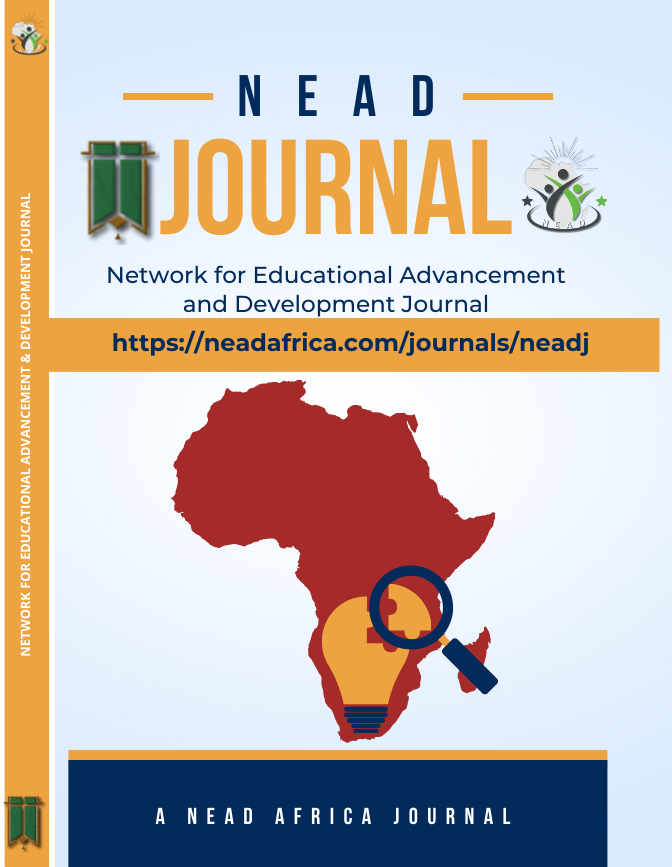Perception of Teachers on the Teaching of Controversial Issues in Secondary School Social Studies as Remedy for Polarisation Period in Nigeria
Mots-clés :
Controversial issues, Perception, Polarization, Remedy, Social studiesRésumé
Perception of teachers on the teaching of controversial issues in secondary school Social Studies as a remedy for the polarisation period in Nigeria was investigated in Port Harcourt Metropolis. Three objectives, three research questions and two hypotheses guided the study. The study employed an analytical survey design. Fifty-five (55) Social Studies teachers randomly selected from four public secondary schools formed the sample size of the study. Questionnaire on the teaching of controversial issues in secondary school Social Studies (QTCISSSS) was validated and used for data collection. Test-retest method was used to determine a reliability coefficient of 0.75 using Pearson Product Moment correlation. Data collected were analysed using frequency count, mean, standard deviation and t-test statistics. The study revealed that teachers had a better perception of the teaching of controversial issues in secondary school Social Studies as a remedy for the polarisation period in Nigeria, and there are a number of benefits to teaching controversial issues in the secondary school Social Studies curriculum. Furthermore, the study revealed that there are a number of factors that can hinder the teaching of controversial issues in secondary school Social Studies. It was recommended that controversial issues should be included and taught in the secondary school Social Studies curriculum as a remedy for the polarisation period in Nigeria. Also, Social Studies teachers should be encouraged to attend conferences so as to understand the benefits as well as the factors that hinder and enhance the teaching and learning of controversial issues in the secondary school Social Studies curriculum.
Téléchargements
Publiée
Numéro
Rubrique
Licence
(c) Copyright Osagie, Joyce Oguromsi, Nebo, Amaka Henrietta (Author) 2025

Ce travail est disponible sous licence Creative Commons Attribution - Pas d'Utilisation Commerciale - Pas de Modification 4.0 International.






